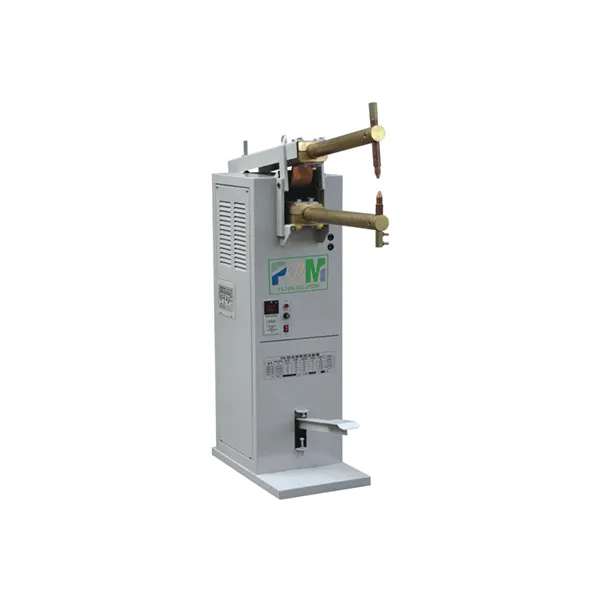Aug . 09, 2024 19:40 Back to list
Exploring Suppliers for Filter Papers and Their Applications in Various Industries and Research Fields
The Significance of Filter Papers in the Supply Industry
In the realm of laboratory supplies and industrial materials, filter papers play a pivotal role. These indispensable items are essential for a myriad of applications, including analytical testing, separation processes, and purification endeavors. The various types of filter papers available in the market cater to different needs, ranging from simple filtration to complex research applications. This article delves into the significance of filter papers in the supply industry, outlining their functions, types, and the factors influencing their selection.
The Significance of Filter Papers in the Supply Industry
The supply industry offers a wide range of filter papers, each tailored for specific applications. Common types include qualitative filter papers, quantitative filter papers, and specialty filter papers. Qualitative filter papers, often used in educational and basic laboratory settings, enable the separation of larger particles from liquids. On the other hand, quantitative filter papers are designed to retain smaller particles, making them ideal for gravimetric analysis. Specialty filter papers, such as those with specific pH characteristics, are used in more advanced applications, catering to the nuanced needs of various industries.
filter papers supplier

When selecting filter papers from suppliers, several factors come into play. The choice of filter paper often depends on the nature of the liquid or gas being filtered, the particle size of the solids, and the desired flow rate. The material composition of filter papers can also vary, including cellulose, glass fiber, or synthetic materials, each offering different filtration efficiencies and chemical compatibilities. Suppliers understand these needs and often provide detailed specifications to help clients choose the most appropriate filter paper for their applications.
Moreover, the reliability and performance of filter papers hinge on the quality standards upheld by manufacturers. Reputable suppliers implement rigorous quality control measures to ensure their products meet international standards. For laboratories and industrial applications, the consistency of filter papers can significantly impact results. Therefore, sourcing from trusted suppliers is essential for maintaining the integrity of analyses and processes.
In recent years, the demand for sustainable and environmentally friendly filtration solutions has been on the rise. Many suppliers are responding to this trend by offering biodegradable filter papers or those produced using sustainable practices. This shift not only reflects a commitment to environmental stewardship but also caters to a growing demographic of environmentally conscious consumers looking for sustainable options in their laboratory supplies.
In conclusion, filter papers are a fundamental component of the supply industry, serving numerous applications across different sectors. Their ability to effectively separate solids from liquids or gases is vital for maintaining quality in laboratory and industrial processes. With a variety of types available, the selection of the appropriate filter paper is crucial and influenced by several factors, including the specific requirements of the filtration process. As the industry evolves, the focus on quality and sustainability continues to shape the landscape of filter paper supply, ensuring that these essential products remain integral to scientific and industrial advancements.
-
Premium Acrylic-Resin Air Filter Paper in Roll | High Efficiency
NewsAug.19,2025
-
PLAB-6 A B Two Compounds Filter End Cap Gluing Machine-Hebei Filter Man|Precision Gluing,Automated Production
NewsAug.18,2025
-
PLAB-6 A B Two Compounds Filter End Cap Gluing Machine - Hebei Filter Man Automotive Parts Trading Co., Ltd | Adjustable Gluing Parameters, Automated Precision
NewsAug.18,2025
-
PLAB-6 A/B Two Compounds Filter End Cap Gluing Machine-Hebei Filter Man|Precision Engineering&Efficiency
NewsAug.18,2025
-
Active Carbon Air Filter for Purifier: Superior Air Quality & Odor Removal
NewsAug.18,2025
-
PLAB-6 Gluing Machine-Hebei Filter Man|Precision Gluing,Automated Filtering
NewsAug.17,2025
